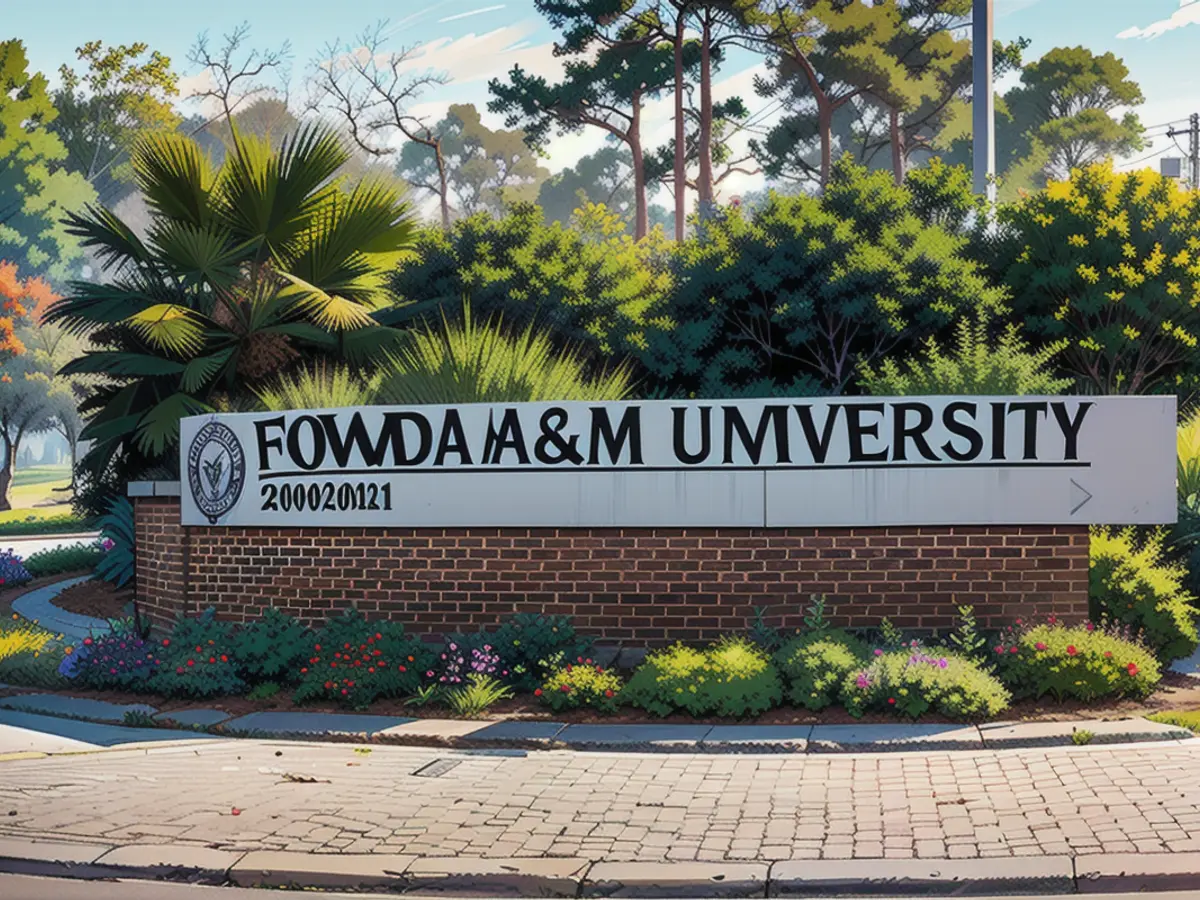

Harvard University is facing a growing backlash from donors over its handling of antisemitism on campus. Billionaire philanthropist Leonard V. Blavatnik has announced that he will pause his donations to the university due to concerns about its efforts to combat antisemitism. Blavatnik has previously donated over $270 million to Harvard, including a $200 million donation to Harvard Medical School in 2018. His decision to sever ties with the university is another major blow to Harvard's fundraising efforts, following the recent withdrawals of support from the Wexner Foundation and Israeli billionaires Idan and Batia Ofer. Harvard President Claudine Gay has faced criticism for her response to the Israel-Hamas conflict and her testimony before Congress. The university's gift officers have expressed concerns about the financial outlook as more donors reduce or end their contributions. The controversy highlights the ongoing debate about the influence of donors on universities and the potential consequences for academic freedom and institutional integrity.
The Lauder Business School in Vienna has also severed ties with Harvard University due to concerns over rising antisemitism on the Harvard campus and the perceived lack of appropriate response from its leadership. The partnership between the two institutions began in 2014 as part of the Institute for Strategy and Competitiveness at Harvard Business School. The decision to end the collaboration was made in solidarity with the Jewish student community at Harvard. The Lauder Business School expressed the importance of ethical alignment in partnerships and stated that collaborations must consistently align with their moral standards and criteria. This decision adds to the growing list of donors and institutions expressing their concerns about Harvard's handling of antisemitism. The controversy surrounding Harvard's response to the Israel-Hamas conflict raises questions about the role of donors in shaping university policies and the potential consequences for academic freedom and institutional integrity.
The influence of donors on universities has become a contentious issue, with some powerful businesspeople cutting ties with institutions over their responses to controversial events. Harvard University is the latest to face backlash from donors, with billionaire philanthropist Leonard V. Blavatnik announcing that he will pause his donations to the university. Blavatnik's decision comes as a result of concerns about Harvard's handling of antisemitism on campus. This follows the recent withdrawal of support from the Wexner Foundation and Israeli billionaires Idan and Batia Ofer. The university's gift officers are worried about the financial impact of these withdrawals, as more donors reduce or end their contributions. The controversy surrounding Harvard's response to the Israel-Hamas conflict raises questions about the role of donors in shaping university policies and the potential consequences for academic freedom and institutional integrity.
The controversy surrounding Harvard's response to the Israel-Palestine conflict is part of a broader discussion about the influence of donors on universities and the potential consequences for academic freedom and the university's mission. The recent backlash from donors highlights the need for transparency and accountability in the relationship between universities and their benefactors. Donors should thoroughly research the organizations they support and ensure that their funds are being used responsibly. This controversy also emphasizes the importance of open dialogue and constructive criticism within academia to address these issues and promote positive change.
A Massachusetts judge has dismissed lawsuits filed by families accusing Harvard of mishandling bodies donated to its medical school and sold on the black market by the former manager of its morgue. The judge ruled that the lawsuits failed to plausibly allege Harvard Medical School (HMS) failed to act in good faith or was legally responsible for the ex-morgue manager's alleged conduct. The families sought to hold Harvard liable for allowing donor bodies to be unlawfully displayed, dismembered, and trafficked. The lawsuits were filed after federal prosecutors brought charges against the former manager and others accused of buying and selling stolen human remains. The families plan to appeal the dismissal. [7c3d814d]
Florida A&M University has decided to postpone a supposed $237.75 million donation from Gregory Gerami, the boss of Batterson Farms Corp., following doubts about the authenticity of the donation. The university's vetting process for the donation is being questioned, and there are concerns about the genuineness of the gift and the transparency of the due diligence processes. An independent investigation is being pushed for. The Special Board of Trustees has scheduled a meeting on May 15th to discuss the gift.